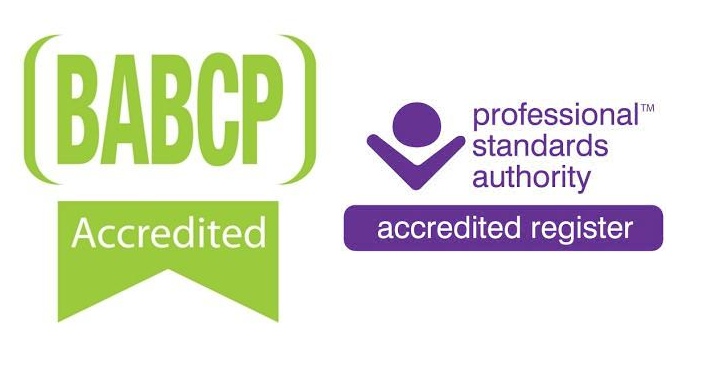Frequently asked questions
Please click below for answers to common questions around therapy.
What type of therapy is right for me?
It can be challenging to determine which type of therapy is best suited to your needs. During the free 15-minute consultation, we can discuss your goals for therapy and how I would work with you. This is also an opportunity for you to ask any questions about how therapy might work.
Building a trusting relationship with your therapist is crucial, so there is no obligation to book sessions after the consultation. If at any point you feel I am not the right therapist for you, I will do my best to help you find someone who may be a better fit. Likewise, if I believe your needs could be better met by another professional or service, I will let you know and provide guidance.
How often would we meet and how long does therapy last?
Sessions are typically held weekly or fortnightly, and it is recommended to maintain a regular therapy slot (the same time and day). However, I understand that this may not always be feasible, so I try to be as flexible as possible when scheduling appointments.
The duration of therapy varies based on individual needs. After the free consultation, we will usually agree on an initial number of sessions, with regular reviews to assess progress and determine when therapy may come to a natural conclusion. Therapy can end at any time you wish, but I encourage providing at least one week’s notice before your final session to allow us to close our work together.
How long are our sessions?
Sessions are typically 50 minutes long. Occasionally, it may be clinically beneficial to have longer sessions (usually 90 minutes). In such cases, this will be discussed and agreed upon in advance.
What if I miss/cancel an appointment?
I have a 48-hour cancellation policy. If you cancel or request to reschedule at least 48 hours in advance, you will not be charged for the session. Appointments cancelled with less than 48 hours’ notice will be charged in full.
Are our sessions confidential?
Confidentiality is a vital part of therapy and helps to create a safe and trusting space. However, there are certain situations where confidentiality may need to be broken, and information shared without prior consent:
- If there is a risk of serious harm to you or others.
- If a child or vulnerable adult is at risk of significant harm.
- Disclosures relating to terrorism, drug trafficking or human trafficking.
- If I am legally compelled by a court or regulatory authority.
- Disclosures of criminal activity or intent to commit a criminal offence.
If confidentiality needs to be broken, I will inform you as soon as possible and contact the relevant authorities or services.
In line with the standards set by the British Association of Behavioural and Cognitive Psychotherapy (BABCP), I attend regular professional supervision with an accredited supervisor. During supervision, my work is reviewed, but all client details are anonymised to ensure confidentiality is maintained.
How do I pay for sessions?
Payment is made via bank transfer and must be completed in advance of each session.
If your question is not answered on this page, please feel free to contact me.




